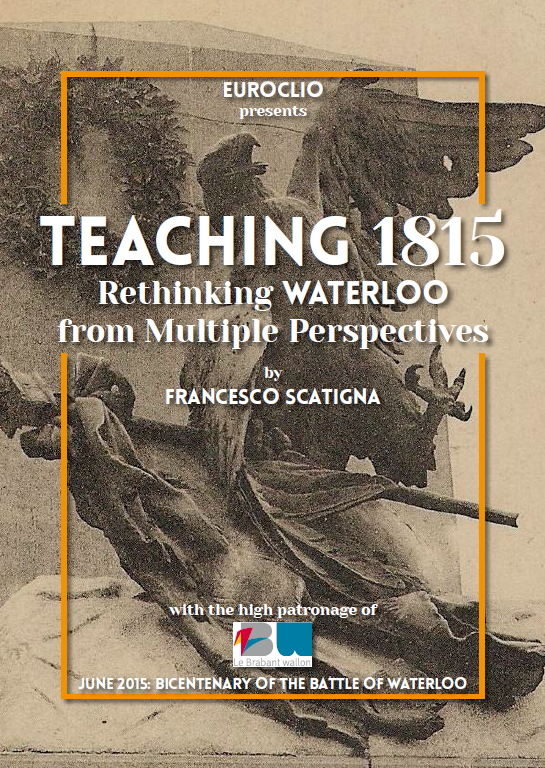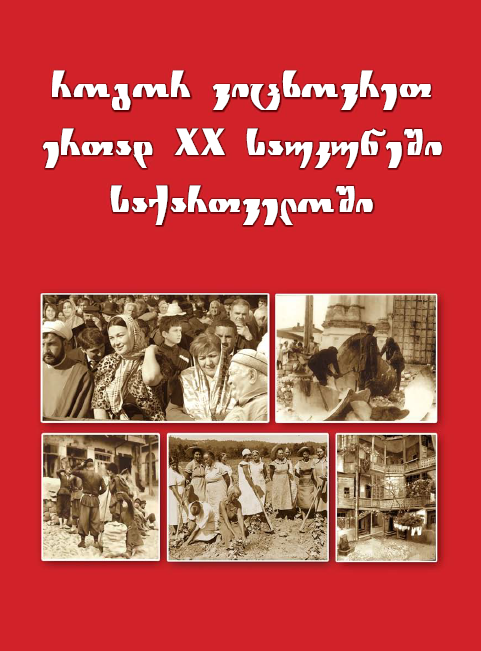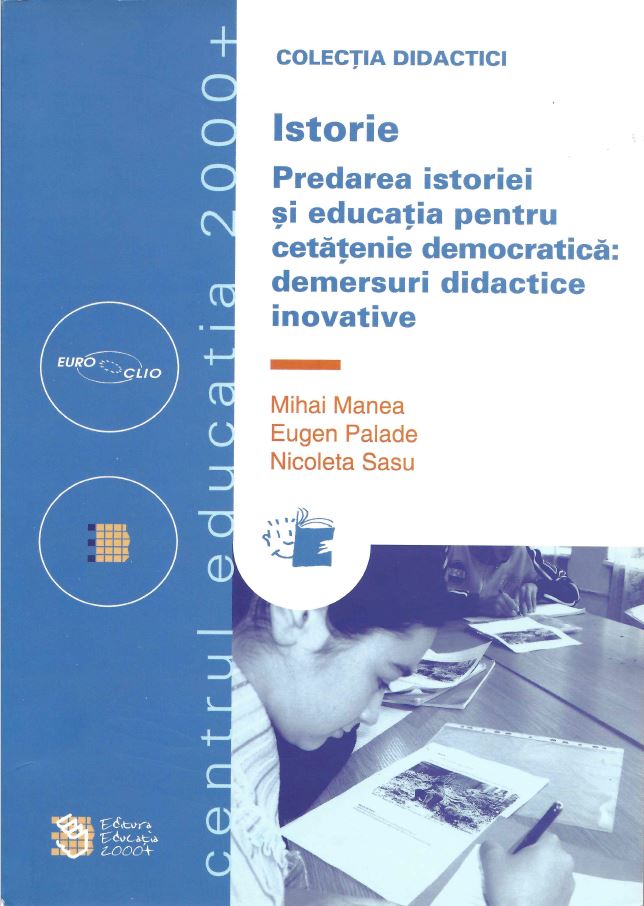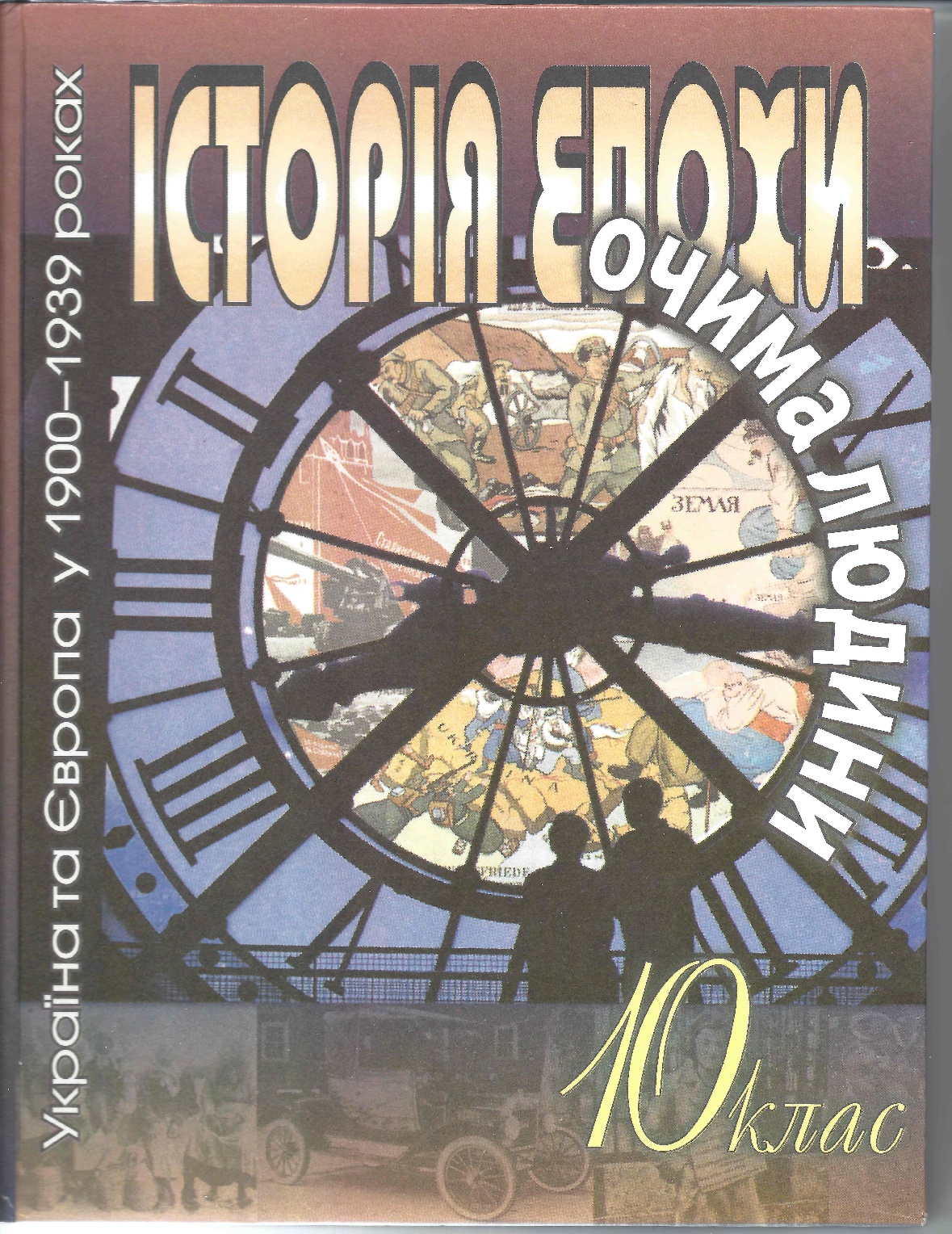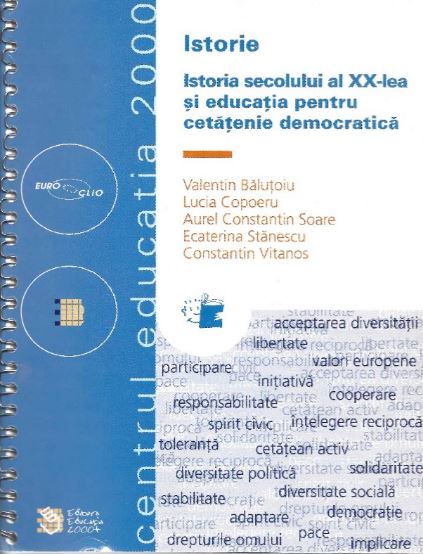This Study Guide was developed as part of the project Critical History: Adapting history education to the challenges of today’s digitized, globalized, and diverse societies in Europe. An Erasmus+ Project (2020-1-EE01-KA201-077997), the project was led by Tallinn University.
The Study Guide is aimed at students at teacher trainer colleges, as well as practicing history teachers. It contains four main chapters, each with accompanying teaching practices:
- Cultural heritage in history education (Dr. Mare Oja, Tallinn University)
- Public history and history education (Prof. Joanna Wojdon, Wroclaw University)
- Global perspectives of history education: global history, world history, big history, the anthropocene, and post-colonial history (Prof. Susanne Popp, Augsburg University)
- The role and influence of the internet in history education (Miljenko Hajdarović / EuroClio)
The Study Guide is available in English, Estonian, Polish, Spanish and German.

Teaching 1815 – Rethinking Waterloo from Multiple Perspectives

How we lived together in the 20th century in Georgia
How to teach history in a multicultural and multireligious environment? [...]

History Teaching and Democratic Citizenship Education: Innovative Teaching Approaches
In the context of the the project “Fostering History and [...]

History of the 20th Century and Education for Democratic Citizenship Education
In the context of the the project “Fostering History and [...]

